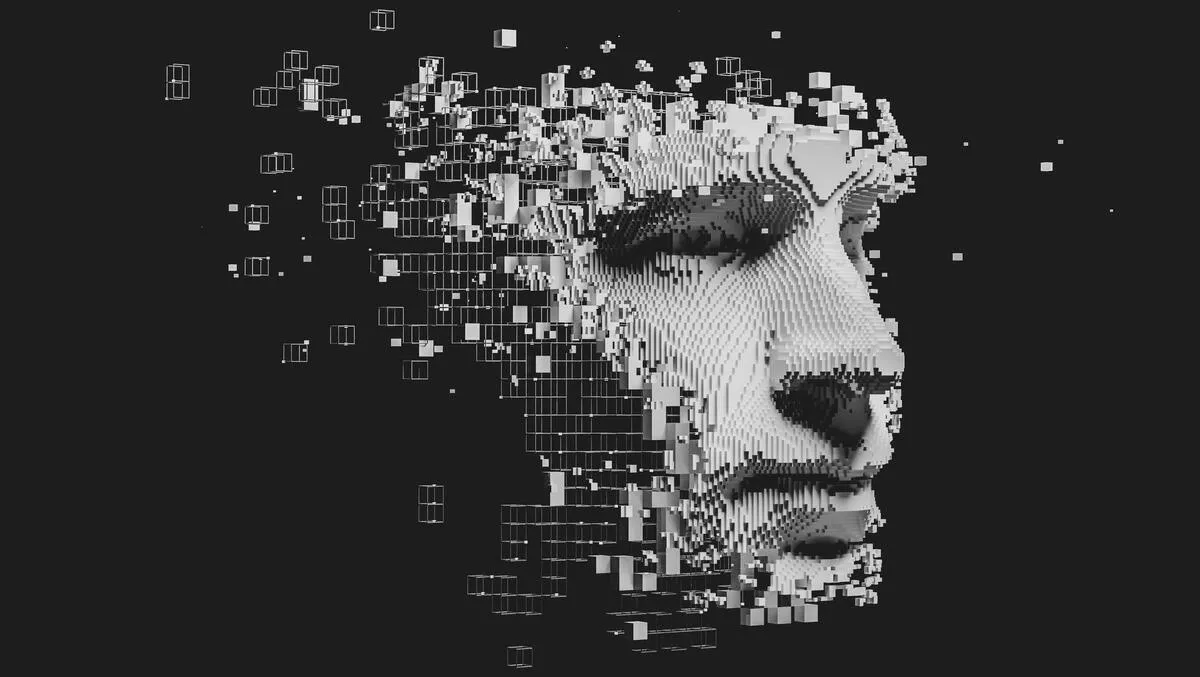
How an AI system called DABUS received a patent for its own invention
Move over humans, it's AI's turn to take the spotlight in what could be a defining moment for the future of invention.
South Africa's intellectual property officials have declared an artificial intelligence (AI) system called DABUS to be the inventor of a new food container that is based on fractal geometry.
DABUS could not file the patent on its own, so it received help from the University of Surrey and an international team of lawyers. The outcome makes a bold statement about what - and who, exactly - an 'inventor' should be.
University of Surrey Professor of Law and Health Sciences, Ryan Abbott, led researchers and lawyers on the DABUS quest to file the patent, but the patent itself is entirely the creation of AI.
According to the University of Surrey, tradition requires that the inventors of patents needed to be human, although it's usually the human's employer - typically an organisation - that gains the patent.
"While patent law in many jurisdictions is very specific in how it defines an inventor, the DABUS team is arguing that the status quo is not fit for purpose in the Fourth Industrial Revolution," the university states.
University of Surrey's Institute for People-Centred AI director, Adrian Hilton adds, "The School of Law at the University of Surrey has taken a leading role in asking important philosophical questions such as whether innovation can only be a human phenomenon, and what happens legally when AI behaves like a person.
Abbott and the DABUS team are also working on cases through court systems worldwide, including Europe, the United Kingdom, and the United States.
This month UK Business Secretary Kwasi Kwarteng introduced a new Innovation Strategy that aims to boost the UK's capabilities in the 'global innovation race'. One of the key aims of the strategy is to 'consult on the protection of inventions and creations made by AI with minimal human input'.
Hilton says that the South Africa patent is a historic case that demonstrates that attribution and innovation are no longer limited to humans.
"We are moving from an age in which invention was the preserve of people to an era where machines are capable of realising the inventive step, unleashing the potential of AI-generated inventions for the benefit of society," says Hilton.
"We are delighted our staff and students are at the forefront of these deeply significant debates, and now realities.
DABUS is an acronym that stands for 'device for the autonomous bootstrapping of unified sentience'.
Earlier this year, Australian firm Flamingo AI's semi-supervised question answering machine received a patent for its algorithms. Flamingo AI as a company now owns the patent.

